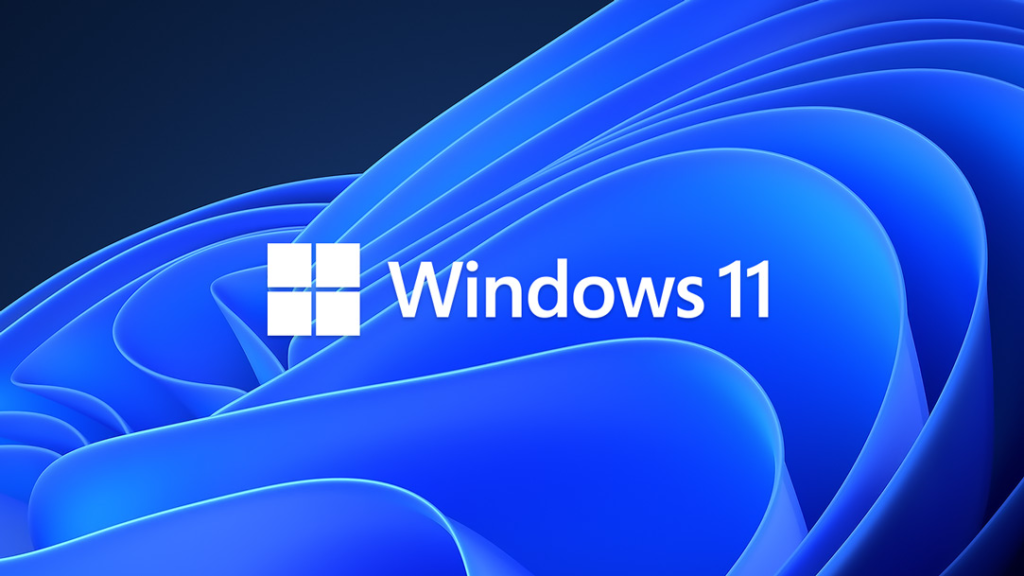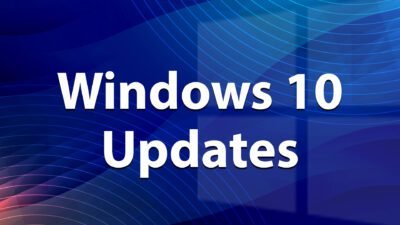Microsoft Fixes AMD Performance Bug In Windows 11 With Optional Update

Microsoft has released a new optional update for all users of the Windows 11 update. This is the so-called preview, i.e. the preview for the November Patch Day. If you want, you can get the update now.
Earlier it was reported that Microsoft will soon release a patch to fix the AMD performance bug about a week ago, and now the fix is here. It is a pure bug fix update with many bug fixes and numerous improvements. The optional update KB5006746 is a so-called preview – Microsoft used to group these updates under the term “C updates”. In this case, Preview has nothing to do with the Windows Insider Program. Incidentally, the testers in the Insider had received these bug fixes to try out a few days ago. It is the first optional update made available by Microsoft for Windows 11.
Addressed performance issues
The new version is a non-security-relevant update, which should primarily fix the problems with L3 caching in the AMD Ryzen processors. Due to the caching problem, AMD systems suffer from significant performance losses after the upgrade. Together with the recently released AMD chipset driver updates, Ryzen users shouldn’t notice any performance degradation. In addition to this important bug fix for AMD, numerous other changes and bug fixes are available:
Excerpt from the changes for KB5006746
- We fixed an L3 caching issue that could affect the performance of some applications on devices with AMD Ryzen processors after upgrading to Windows 11 (Original Version).
- We fixed an issue for a small number of users that prevented the Start menu from working and showing the updated taskbar design after upgrading to Windows 11 (original version).
- We fixed a race condition that occurs during the early part of the start that can cause a stop failure.
- We fixed a regression that could cause stop error 0x38 on some machine configurations that use non-ASCII text in the registry.
- We fixed an issue with the interrupt handling of certain processors that could cause devices to stop responding.
- We fixed an issue that resulted in PowerShell creating an infinite number of subdirectories. This problem occurs when you use the PowerShell Move-Item command to move a directory to one of its subdirectories. As a result, the volume fills up and the system stops responding.
- We fixed an issue resulting in the Server Manager application disappearing after using it to remove Hyper-V features. This problem occurs when you install Server Manager on Windows 11 (original version) clients using the Remote Server Administration Tools (RSAT).
- We fixed a threading issue that could cause Windows Remote Management Service (WinRM) to stop working when under heavy load.
- Fixed an issue that caused the Windows Management Instrumentation (WMI) vendor’s hosting process to stop working. This is due to an unhandled access violation that occurs when using the Desired State Configuration (DSC).
- Fixed an issue that could cause a device to stop responding if you force shutdown the device while a group policy is being updated.
- Fixed an issue where file migration between Distributed File System (DFS) paths stored on different volumes would fail. This problem occurs when you implement the migration by using PowerShell scripts that use the Move-Item command.
- Fixed an issue preventing you from writing to a WMI repository after a low memory condition occurs.
Digital marketing enthusiast and industry professional in Digital technologies, Technology News, Mobile phones, software, gadgets with vast experience in the tech industry, I have a keen interest in technology, News breaking.












